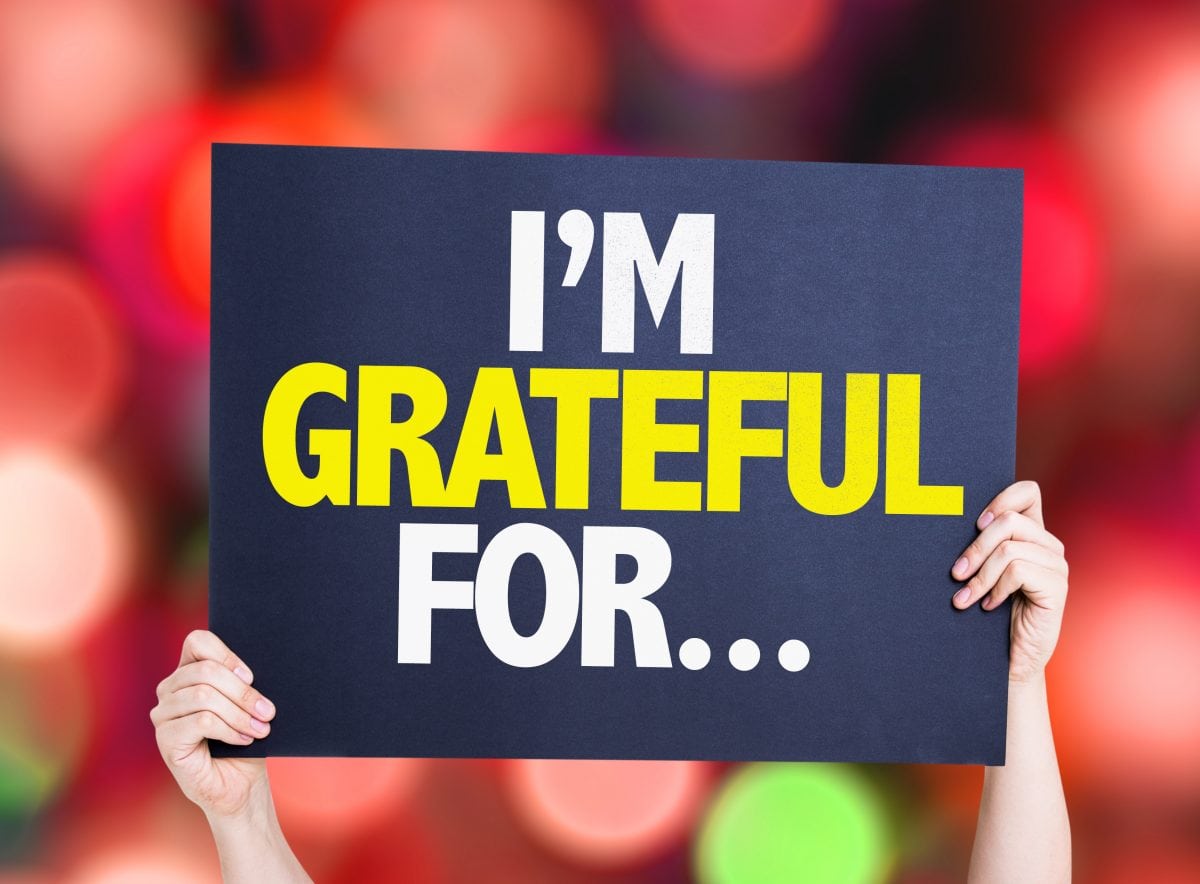I still remember Yom Kippur 2013. The year I had to fast.
I know I am “supposed” to fast every year, but in my mind that ship had sailed long ago. I am not the best rule follower, especially when I don’t see the purpose of the rule. What does not eating have to do with being a good person?
But in 2013, my son was old enough to ask, “Why isn’t daddy fasting for Yom Kippur like we are supposed to?” That was the end for me. I had to lead by example, and fast. Back then fasting was a four-letter word. It was something I was forced to do. It was uncomfortable, it made me grouchy, and it seemed like a waste of a day.
How times have changed. Now I practice intermittent fasting on a regular basis. I regularly experience the physical and psychological benefits, and I know that science supports even greater long-term benefits. Plus, it’s easy now.
This year I learned that like with most things, I have started take fasting for granted.
A good friend of mine unknowingly reminded me of this when we met for lunch the day after Yom Kippur. He does not fast regularly, so the Yom Kippur fast is a big deal for him. I was fascinated listening to him describe his experience. His focus wasn’t the hunger, or lack of energy, or the headaches some people experience. Rather, his was the appreciation he had for cold, crisp water. The joy of his first taste of food in 24 hours. The smell, the texture, the flavors. He had taken food for granted and fasting helped him appreciate it all over again.
I felt the same appreciation as my friend when I did my five-day fasting mimicking diet. But on a regular day of fasting, I don’t experience the same appreciation. It made me wonder, why not? Why had I lost that heightened appreciation?
I eat high quality, minimally processed, real food that comes from the ground or from an animal. It is food as nature intended it to be. It nourishes my body and is delicious. I should celebrate it every day.
Yet, I learned that I can sometimes take my food for granted.
A prolonged period without it is a stark reminder of how much I should appreciate my food. But why don’t I appreciate it to the same degree every day?
This reminds me of the comedian, Louis CK, who tells the story of someone sitting next to him on the plane complaining that the WiFi wasn’t working at 30,000 feet in the air. The comedian responded that every time a plane takes off and is in the air, we should all scream “Holy $&!% we are flying! I mean literally flying!! Can you believe that?!?!?” Again, that is a perfect example of something we easily take for granted.
So, what is the secret? How do we not take for granted the things we experience every day, regardless of how amazing or awe inspiring they may be? How do we appreciate what can easily become mundane?
In our family, we say a short prayer every meal. Maybe prayer is the wrong word. It is more of a thank you. We try to remember to thank God for growing the food, the field workers for harvesting it, me or my wife for cooking it, and all of us for appreciating it. But I would be lying if I said that we did that at every meal.
We are quick to point out when something is from a factory or packaged in a box or bag. That helps us recognize the simplicity and pleasure of eating real food (in fact, my kids were freaked out when they saw me eating food from a box during my 5-day FMD).
Yet I feel like there should be more. I feel like I still underappreciate the treasure that is our food. Is that setting too high of an expectation? Or should I strive for a greater appreciation?
What are your thoughts? What are your rituals? How to you remember to appreciate what you have? It doesn’t have to be just food either. We should be thankful for anything we are fortunate enough to have. Please comment below so we all can benefit from our collective knowledge and experience.
For now, I am going to appreciate my freshly steamed veggies and my grass-fed steak. I don’t want to have to wait for my next FMD to appreciate that!
Thanks for reading
Bret Scher, MD FACC



Each Yom Kippur it's not the hunger that gets me, it's the headache! I stop caffiene at least two weeks before and make sure I hydrate very well in the day leading up to the fast. But by mid-afternoon on YK every year, I'm in agony. I checked my blood sugar, and it was fine in the mid 70's. I checked blood ketones which were 1.6. So it is the electrolytes that seem to be off in the completely dry fast. I don't know how to prevent that from happening but sure wish I did.
As far as appreciation of food, I'm not particularly hungry and have a bit of euphoria by the time the services are done (total fasting time is usually around 26 hours). But once I begin eating, no matter what it is, it tastes WONDERFUL. The saying goes "hunger is the best spice" and I find it true. I'm not tempted to overeat though–it's easy to reach satiety, and I go to bed still in that blissful state. Metaphorically I've always felt like I have a clean, shiny new soul, but it does take a little suffering to get there!
Thanks for sharing your story!